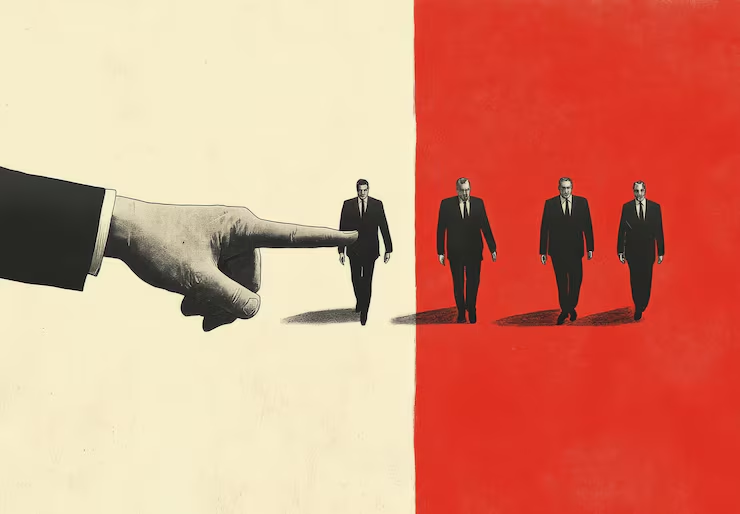The complete guide to using leverage at work

This guide is not for the light-hearted. I don't recommend any of the techniques except for real extreme cases when office politics reach an unbearable level of manipulative, unethical practices.
Under normal circumstances, proving your value at work through hard work and positive contribution is the best way to advance in your career and for having a good work experience. Things get a bit complicated when other people in your organization resort to dirty practices to prove their dominance, gain unfair advantages, or to control their coworkers.
This guide has three purposes:
- 1) Introduce you to the different types of leverages
- 2) Teach you how to utilize these leverages to gain unfair advantage against others
- 3) Arm you with techniques and methods to combat those who are using these tricks against you
Without further ado, let's begin.
1. Silence as leverage, aka "I know something about you"

Choosing not to speak up about a mistake, misstep, or conflict until the right moment can be a form of quiet threat or strategic waiting.
Step One: Acquire sensitive or damaging information about someone
Step Two: Make sure that they know that you are in possession of this critical piece of information
Step Three: Assure them that their secret is safe with you
Step Four: Congratulations! Now you have that person under your influence and you can control them in ways that support your goals.
What type of sensitive information can you hold against someone? Business mistakes, unethical behavior, unprofessional conduct, suspicious deals, etc...
2. The privilege leverage

Influence or command people around you through control of opportunities, resources, or people. For example, if you can control a particular resource of value to one or more individuals, then by virtue you will gain power on anyone that depends on that one resource.
Those who desire the privilege will try to please you and those already having it will make sure to remain on your side in fear of losing it.
Types of privilege include:
- a. give or deny someone a promotion or a growth opportunity
- b. include or exclude someone from a key project
- c. facilitate or limit access to important personnel or key stakeholders
- d. grant or deny access to physical resources
- e. approve or refuse funding
- f. grant or limit access to information
- g. control of one's role, responsibilities, or status
3. The social leverage

The ability to influence others' perception of someone either by spreading or withholding negative views can quietly control that person’s reputation or career path. Contrasting this with "Silence as Leverage", here your target doesn't have secrets that you can exploit, but heavily depends on you for growth in the organization.
Your ability to control or influence their image puts them under your mercy. The social leverage requires that you are connected in the company and have an acknowledged voice.
Your target doesn't have to be your subordinate. They can be someone at the same level as yours or someone higher in the hierarchy. This leverage also works really well in interdepartmental relationships where you receive a service from another department and have the ability to rate or evaluate them in front of the whole organization.
4. The dependency leverage

This happens when someone relies heavily on you for something crucial like technical skills, political cover, or even emotional support. Without you, their job becomes much more difficult or their position might become shaken.
Because they depend on you for survival, you possess great power over them and can control their decisions and actions.
Dependency Leverage includes:
- a. Task dependency: their work depends on your output
- b. Technical dependency: they can't perform without your technical skills
- c. Business dependency: they expect clients or leads from you
5. The alliance leverage

Having strong backing from a powerful person or group. The implied “protection” or “retaliation risk” discourages others from challenging you or your allies.
This is the most common and known form of leverage. The concept is clear and the execution is clearer. By virtue of being connected or on good terms with influential people in the organization, others will think twice before trying to cross you. This leverage enables you to set the direction of things because you have access to the individuals that matter.
6. The favor or gift leverage

Probably the most ethical item on our list of leverages but very powerful nonetheless and my favorite. When you do favors for others or give them gifts, you will hold a quiet leverage by being in a position to “collect” when needed. Your target will uncontrollably feel that they owe you something and must be nice to you all the time.
The effect of this influence must not be underestimated. You could win people completely by this tactic and have them entirely on your side.
The gift doesn't have to be expensive or flashy. A mere cup of coffee or act of kindness can do wonders. The most amazing thing about gifts and favors is that you get to choose when to re-cash it. Even better, don't re-cash, keep the leverage for as long as needed.

























